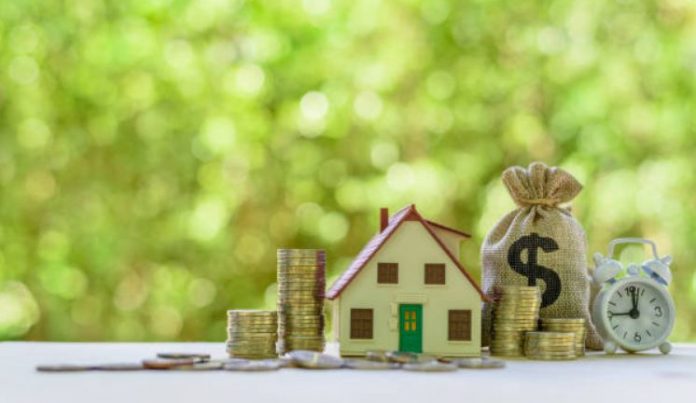If you are saddled with a mortgage debt with an adjustable interest rate, the economy is probably one of your major concerns. Well, it should be.
Any change in the economy could have a particular effect on your mortgage payments. This month, you could be dining out with your wife, and next month, you could be scrimping on toasts and butter.
There are many factors that could affect your mortgage rates and, in effect, your monthly payment.
Factors like economic liquidity, increase in government foreign loans, government-set interest rates, and inflation control could greatly affect your mortgage loan interest rates.
How about Refinancing Your Mortgage Rates?
Most people would resort to mortgage refinancing in order to bail out of their financial troubles. Indeed, it is not easy being constantly worrying about the next month’s interest rate and how it would affect your finances.
You wouldn’t even be able to budget your finances well if the market is fluctuating. However, before you resort to refinance mortgage rates, you should take a look at your situation and consider all factors that would affect you financially once you have refinanced your loan.
You should ask yourself the following questions and determine your decision based on your answers:
1. Can you afford your loan? Yes, you’ve heard that your interest rate will be significantly lowered. However, there is a corresponding change in the term loan.
Your monthly payment may be significantly lowered, but your payment term will probably be longer. You might end up paying twice the amount of your original loan before refinancing. Are you earning enough to cover for a long-term loan?
2. What is your credit rating? Unless you are applying for a high equity loan, credit rating is important in loan refinancing. In fact, even if you do have collateral, your credit standing will stay play a vital role in your lender’s decision.
It will ultimately determine how much you would be able to loan. It could also determine if you would get a loan in the first place.
3. Finally, how would you refinance your mortgage rates? If your current mortgage has a variable interest rate, refinancing your loan to a fixed-rate could mean several years of financial stability for you.
If you are keeping your house for longer than five years, it would be best to get a fixed rate.
Getting a Low Refinance Interest Rate
When you opt to refinance your mortgage, it would be your primary goal to get the lowest rate imaginable. If after scouring through many quotations, you fail to get the lowest rate that you can afford, it might be a wise idea not to go through refinancing.
It’s a risk to create a new loan that you can’t afford to pay.
One way to increase your chances of getting the lowest rate is to upgrade your credit standing. You can do this by ensuring that you pay your debts on time.
Make sure that the ratio of your debts to your income is relatively minimal.

